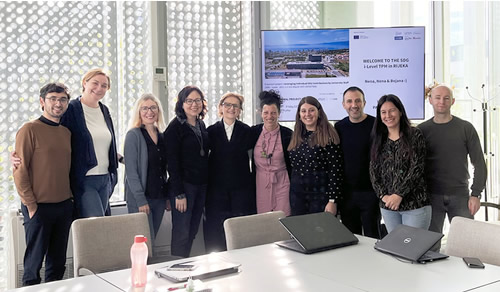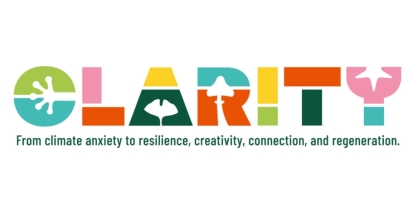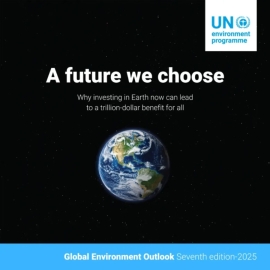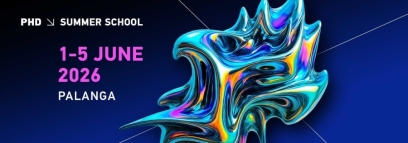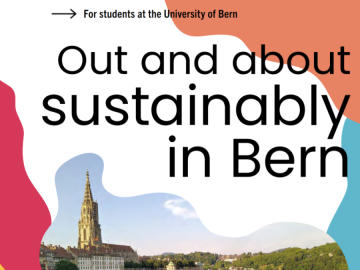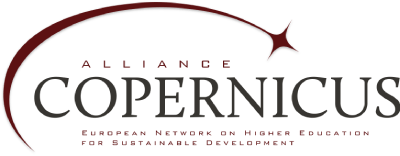From 10-11 November 2022, the SDG-iLevel project partners met in Rijeka, Croatia. Current activities involve interviews with decision makers at universities and a large survey among European academics. SDG-iLevel Maps will connect specific tasks performed by employees in major university staff groups and academic domains with specific individual contributions to the Sustainable Development Goals at macro, meso and micro (individual) level.
From 10-11 November 2022 the SDG-iLevel project partners held the second Transnational Project Meeting in Rijeka, Croatia. The COPERNICUS Alliance was represented by Co-President Eglė Staniškienė and Network Manager Mario Diethart. The meeting was hosted by the Department of Education at the Faculty of Humanities and Social Sciences. The project partners took the opportunity to exchange with University of Rijeka Rector Snježana Prijić Samaržija. She emphasized the importance of the Sustainable Development Goals (SDGs) as a guiding framework for universities and underlined her commitment to the project.
Indeed, university leaders (rectors, vice-rectors, deans) are key target groups of the SDG-iLevel project. The current activities involve interviews with these actors at the three partner universities (University of Girona, Kaunas University of Technology and University of Rijeka). The objective is to find out to what extent decision makers at universities take the SDGs into account and how this is ultimately reflected in actions at the individual level of university members. In addition, a large survey among European academics will examine the awareness of university employees for the SDGs and how they contribute to them.
 From an institutional perspective, Higher Education Institutions are implementing the 2030 Agenda for Sustainable Development including its 17 SDGs at diverse levels:
From an institutional perspective, Higher Education Institutions are implementing the 2030 Agenda for Sustainable Development including its 17 SDGs at diverse levels:
- Teaching level: curricular and extracurricular teaching and training, community involvement, practical experiences, capacity building for implementing actions, etc.
- Research level: focusing their research strategies on solving societal challenges; integration of the public sector, industries, and civil society as key stakeholders in research; implementation of interdisciplinary approaches; co-production of knowledge, etc.
- Third mission level: partnerships with communities, social entrepreneurship, industry innovation and knowledge exchange, support for student activism, promotion of regional development, etc.
- Management/governance level: integration of the 2030 Agenda for Sustainable Development in the strategic plan, implementation of green campus initiatives, promotion of sustainable behaviours, implementation of related key performance indicators, strategic resources allocation, measurement of their social and environmental impact, etc.
Qualitative approaches that support bottom-up initiatives linking individual contributions towards the SDGs are still missing. For this purpose, the SDG-iLevel project aims at visibilizing, promoting and mapping the paths for promoting individual contributions to the SDGs.
The current project activities will yield in a comprehensive methodological and referencing framework to align university roles and responsibilities with direct and indirect individual contributions to all 17 SDGs. The resulting SDG-iLevel Maps will connect specific tasks performed by employees in major university staff groups and academic domains with specific individual SDG contributions at macro, meso and micro (individual) level.

